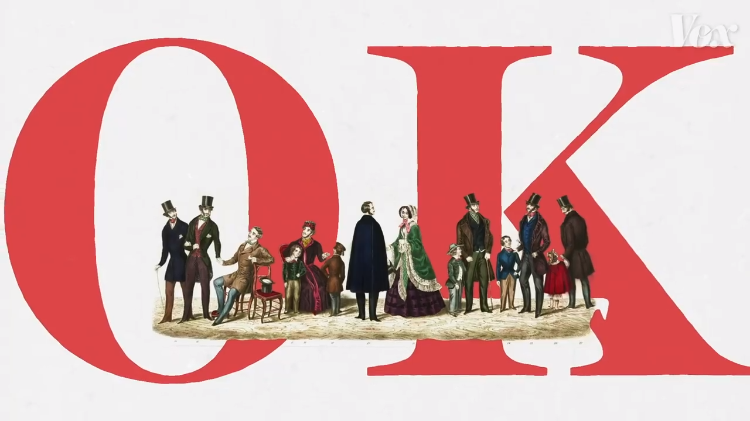How the Term ‘OK’ Became Such a Ubiquitous Part of the Common Universal Lexicon

In a really interesting video essay, Vox producer Coleman Lowndes explains the history of the term "OK",. Lowndes notes its confusing etymological origins, the role it played in history, how its sound influenced the advertising of certain products up through the current date and how it came to be such a ubiquitous player in the universal common lexicon.
Related Laughing Squid PostsOK is thought to be the most widely recognized word on the planet. We use it to communicate with each other, as well as our technology. But it actually started out as a language fad in the 1830's of abbreviating words incorrectly. "Later, widespread use by early telegraph operators caused OK to go mainstream, and its original purpose as a neutral affirmative is still how we use it today.
- The History of How Scammers Became Known as Con Men in the Modern Lexicon
- How New Words That Enter Into the Common Lexicon Are Added To the Oxford Dictionary
- Made Up Verbs That Have Since Become Part of the Common English Lexicon
The post How the Term 'OK' Became Such a Ubiquitous Part of the Common Universal Lexicon appeared first on Laughing Squid.